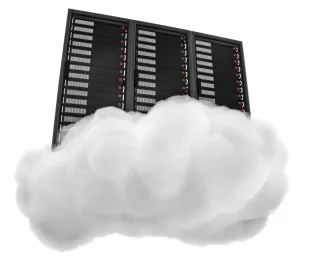A patent defendant specializing in “virtual” database systems recently learned how real its burden is when seeking to transfer out of the District of Massachusetts. Delphix Corp. (“Delphix”) and Actifio, Inc. (“Actifio”) have been clashing over “virtual” database patents in the Northern District of California since October 2013. In August 2014, however, Actifio filed suit in the District of Massachusetts, asserting two more such patents against Delphix, which promptly sought to remove and consolidate this action with the California cases.
Delphix argued that the Court should dismiss the case because it was the first to file in California, noting that the claims before the Court “involve the same parties, products, and technology.” Alternatively, Delphix argued that the Court should transfer the District of Massachusetts action “[f]or the convenience of parties and witnesses, and in the interest of justice.” Judge Casper didn’t buy it.
While acknowledging that “[t]he parties in this action are identical to those in the Northern District of California, Actifio’s counterclaims involve the same accused product . . . , and the patents at issue in both cases relate to virtualized data management and back-up technologies,” the Court drew a line in the sand for purposes of the “first to file” rule. Indeed, the Court found the patents-in-suit here to be “similar,” but not identical to those in California – “the patents share[d] no common inventors, were developed by separate entities, [did] not share common prior art references and one of the patents was issued after the California lawsuit was filed.” Given these circumstances, the “Court [was] wary of broadening the [first to file] rule further than circumstances involving identical patents or functionally duplicative actions.”
The Court treated Delphix’s motion to transfer similarly, noting Delphix’s “heavy burden” in overcoming the “strong presumption in favor of the plaintiff’s choice of forum.” The burden itself seemed to carry the day for Actifio. In weighing the factors “relevant to [the motion to transfer] consideration,” Judge Casper found that all of them either favored transferring the case, or were neutral to the analysis. Yet, the Court denied Delphix’s motion.
The case is Actifio, Inc. v. Delphix Corp., No. 14-13247-DJC, pending in the District of Massachusetts.



 />i
/>i

